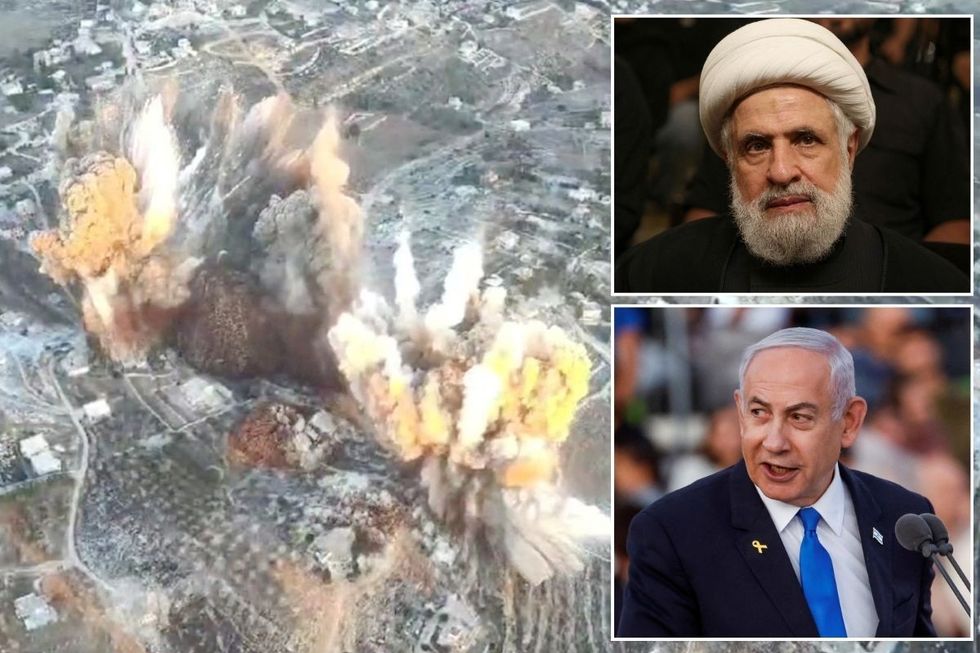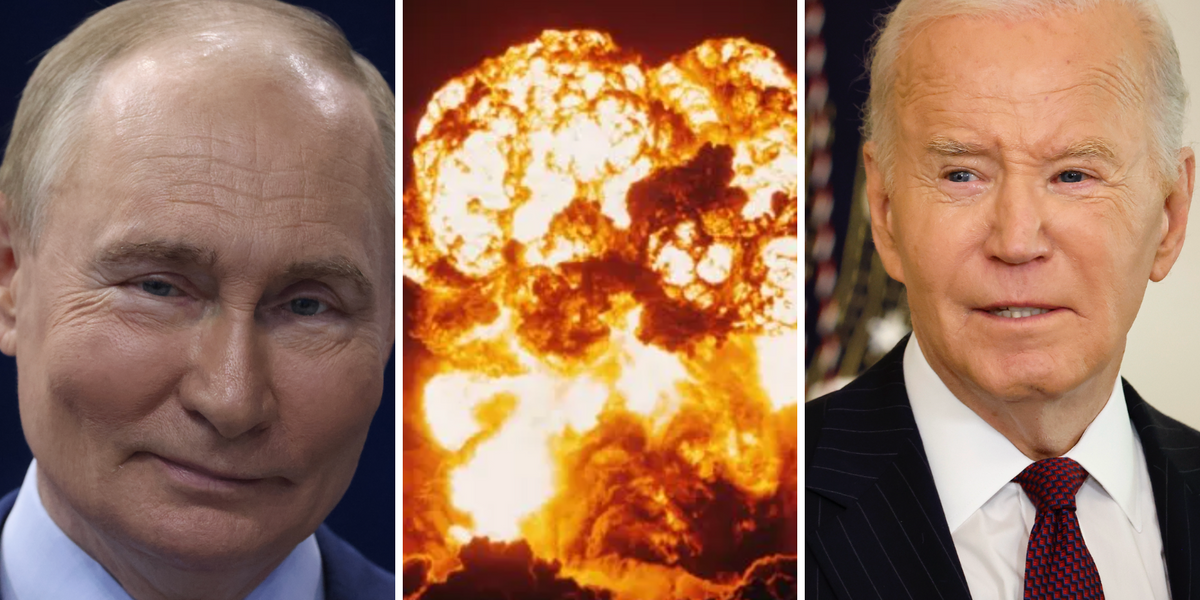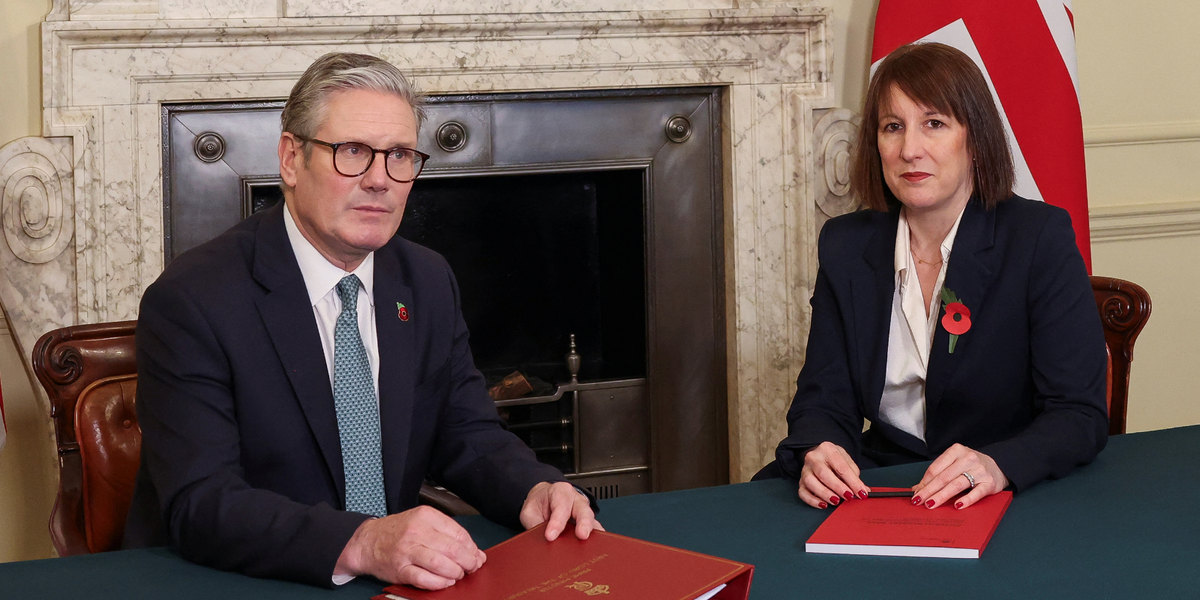Lebanon and Hezbollah have agreed to a US-proposed ceasefire plan aimed at ending the year-long conflict with Israel, a senior Lebanese official has claimed.
Ali Hassan Khalil, an aide to Speaker Nabih Berri, confirmed that Lebanon had submitted its written response to the American proposal.
The development marks "the most serious effort yet" to secure a truce, with Hezbollah endorsing Berri, a long-time ally of the Iran-backed group, to lead negotiations.
"Lebanon presented its comments on the paper in a positive atmosphere," Khalil told Reuters.
A source familiar with the talks told The Telegraph that Israel's security establishment believes the army has "reached everything that was needed" regarding Hezbollah, suggesting a ceasefire would be preferable to prolonged conflict.
US special envoy Amos Hochstein arrived in Beirut on Tuesday, despite earlier reports suggesting his visit might be delayed.
A Lebanese official told AFP they were "waiting for Mr Hochstein to arrive so we can review certain outstanding points with him".
However, US National Security Advisor Jake Sullivan emphasised that no final agreement has been reached yet.
Naim Qassem and Benjamin Netanyahu
REUTERS
"We don't have an agreement. If we did, we'd be out announcing it and trumpeting it from the rooftops," Sullivan told PBS NewsHour.
Despite talks being in an early stage, Sullivan remained optimistic about progress, noting: "We believe that we're seeing progress, and we think both sides - both the Lebanese side and the Israeli side - have indicated a willingness to get this done and to get it done on a short timeframe."
Iran's supreme leader has reportedly thrown support behind the ceasefire plan, pushing Hezbollah towards an agreement, according to Iranian sources who spoke to The New York Times.
Lebanon's response strictly adheres to UN Security Council resolution 1701, which previously ended the 2006 Israel-Hezbollah war.
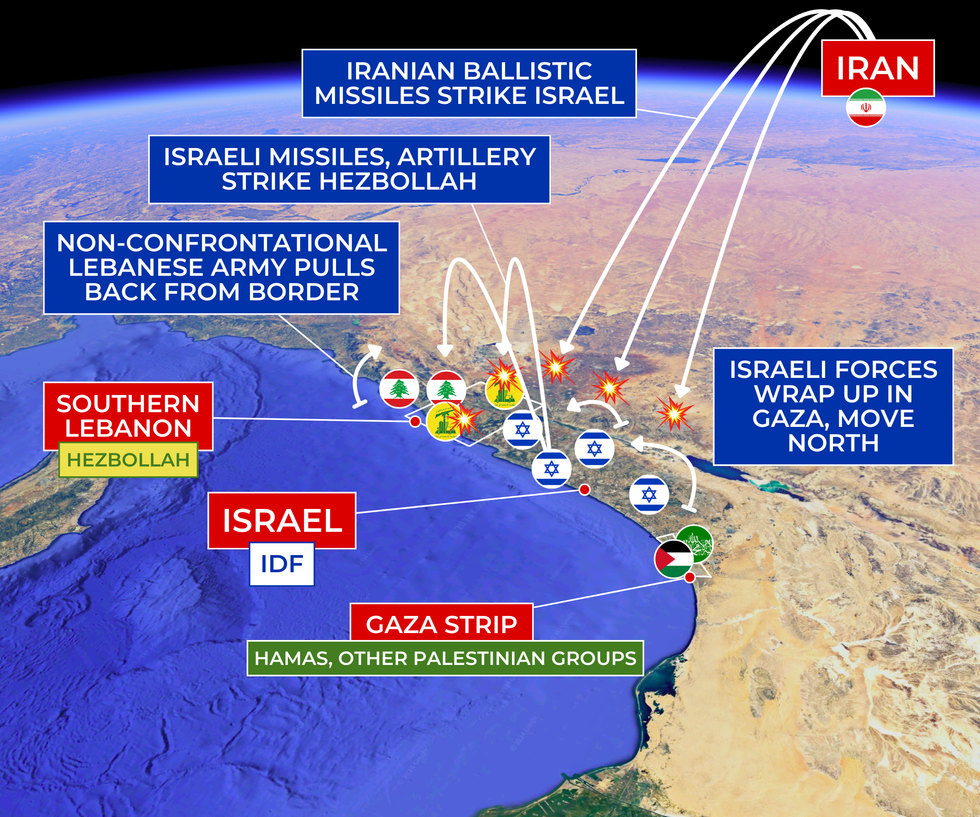
The US-drafted proposal is expected to require both Hezbollah and Israeli forces to completely withdraw from southern Lebanon.
The plan would put the Lebanese army in charge of disarming Hezbollah and preventing weapons smuggling into Lebanon.
Mr Khalil, however, issued a cautionary note about potential obstacles ahead, stating that "Israel could make 100 problems if it isn't interested in a solution now."
Israeli Prime Minister Benjamin Netanyahu has declared that military operations against Hezbollah will continue regardless of any ceasefire agreement.
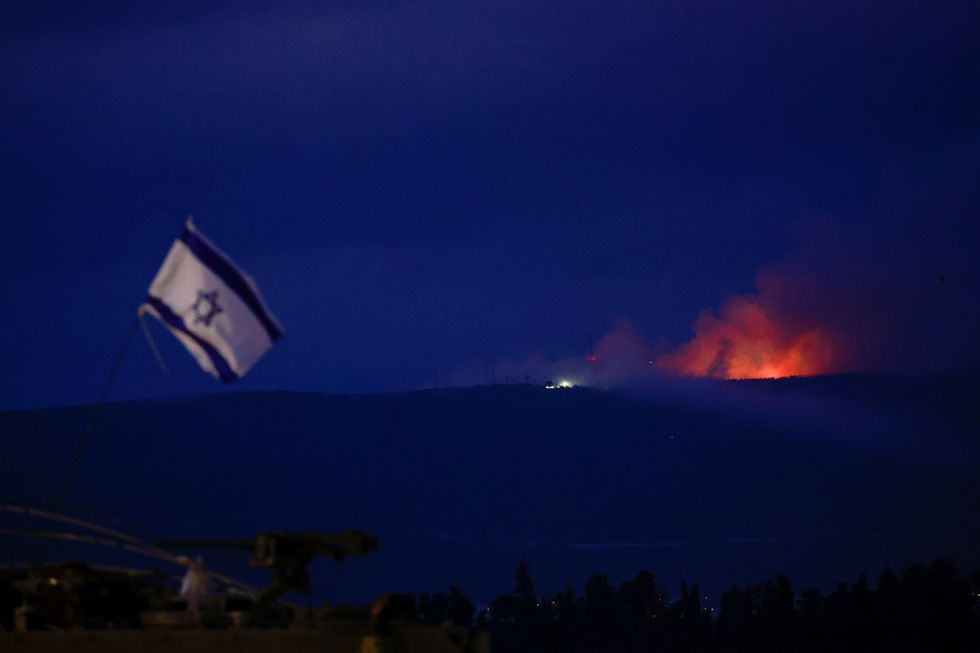
"The most important thing is not (the deal that) will be laid on paper," Netanyahu claimed, adding Israel would be "forced to ensure security in the north" even after a ceasefire.
The statement comes amid ongoing hostilities, with Hezbollah firing more than 115 rockets and missiles at Israel on Monday.
The attacks killed one woman and wounded 30 others when a three-storey house in the northern town of Shfaram was hit directly.
In response, Israel conducted strikes on central Beirut in a densely populated area near government buildings, embassies and UN headquarters, resulting in five casualties according to Lebanon's health ministry.
Netanyahu expressed scepticism about the potential agreement, stating there was "no evidence Hezbollah would respect any ceasefire."

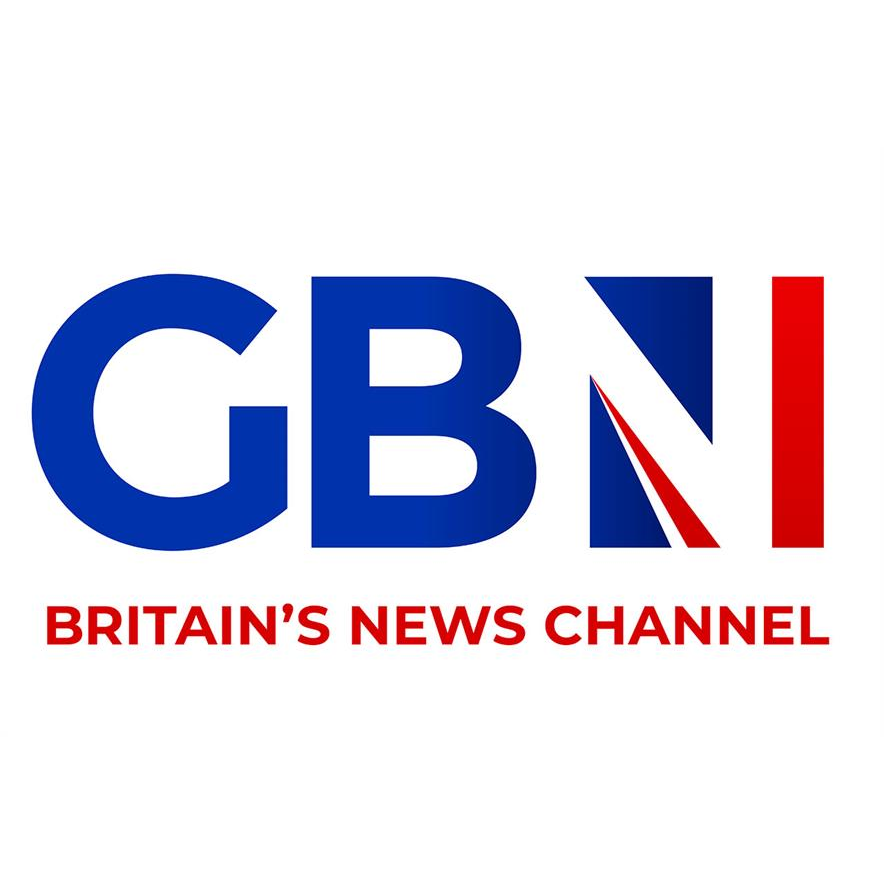 By GB News (World News) | Created at 2024-11-20 13:23:16 | Updated at 2024-11-20 15:32:03
2 hours ago
By GB News (World News) | Created at 2024-11-20 13:23:16 | Updated at 2024-11-20 15:32:03
2 hours ago
